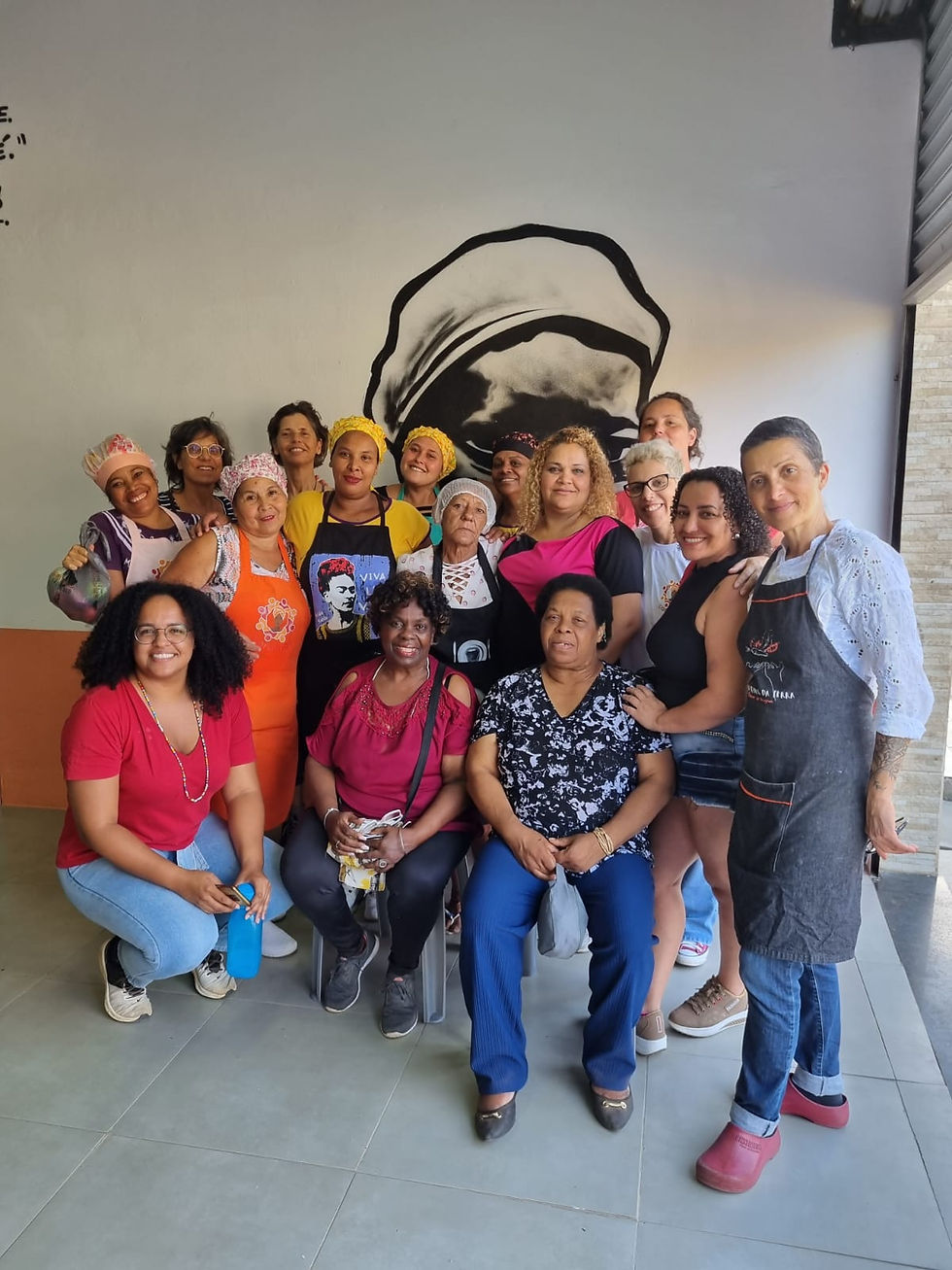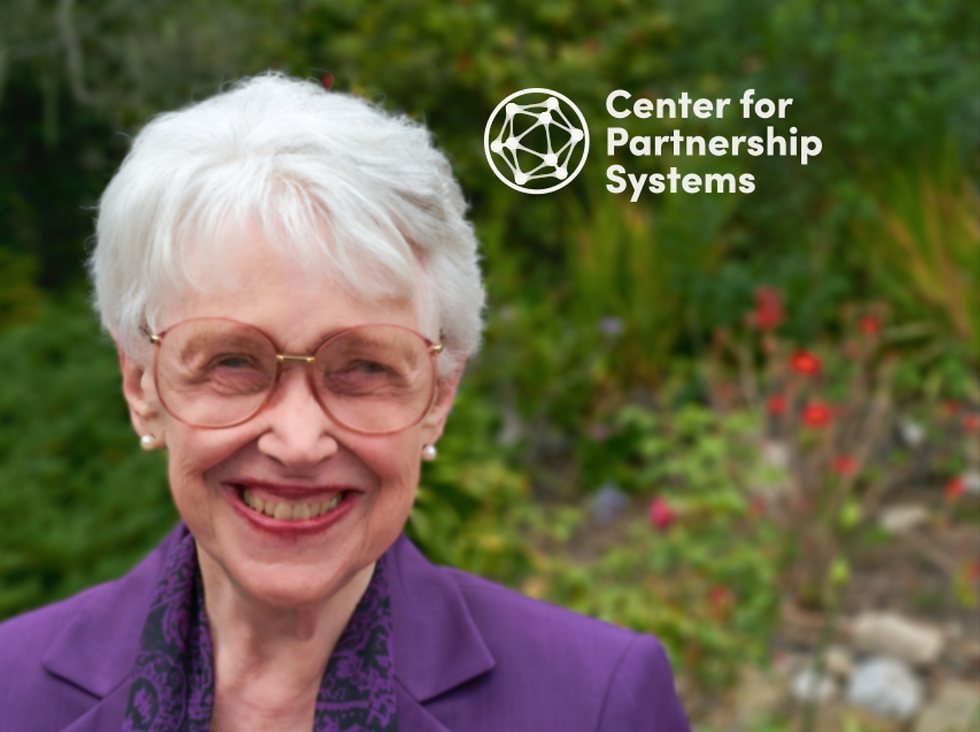Giving Help and Love
- Apr 20, 2023
- 3 min read
Updated: Jul 24, 2023
My name is Claudia Visoni, I am Brazilian, a journalist, environmentalist and farmer. I am 57 years old, born and live currently in São Paulo, which concentrates more than 20 million habitants in a metropolitan region with few green areas and a lot of social inequality. I co-founded the first community garden in São Paulo and I am in frequent contact with women farmers from the most vulnerable communities in the city.
Brazil was already experiencing a serious economic crisis in the past decade, but with the arrival of the Covid 19 pandemic the situation has worsened and hunger has spread. People in the poorest neighbourhoods are not being able to access enough food to live well and it is even harder to get fresh, healthy food.
For this reason, I co-founded and, to this day, work in the coordination of Frente Alimenta, a project supported by Be The Earth Foundation that directly connects small agroecological farmers and six community kitchens that donate about 2,000 healthy meals in their communities every week.
I was a member of the 2022 Giving Circle, a group of women from various countries who come together to invent and test methodologies to support women leaders who are on the front lines of the most serious social problems that exist in their nations. In an informal and transparent way, we created a negotiation table to decide the destination of philanthropic resources offered by Be The Earth Foundation. It was an intense experience that yielded much learning and good fruits for humanity.
Being a farmer, I can feel in my body how much effort it takes to produce food using regenerative agriculture techniques. Agroecological urban farmers in São Paulo help to nourish their communities, generate environmental benefits and even recreational opportunities in their neighbourhoods. Their gardens are often the only green spaces in the region. However, they cannot survive decently on crop yields alone.
When it came time to distribute the Giving Circle funds, I chose a community kitchen and two urban women farmer collectives:

Academia Carolinas - A centre for the reception of children, adolescents and women created during the pandemic to be a point of culture and distribution of meals. It is a safe haven in the Souza Ramos favela, a district of Cidade Tiradentes, for those who live in extreme poverty and often become victims of domestic violence.
The investment went to training for these cooks, who are now learning how to make increasingly healthier dishes and are starting on their path to ecogastronomic entrepreneurship. @academiacarolinas

Mulheres do GAU - A group of women farmers who have created an agroforestry system, a nursery school and a gastronomy centre in São Miguel Paulista, in the eastern part of the city of São Paulo. They needed to expand their planting and gained access to public land.
However, the site was full of construction debris typical of vacant lots in the suburbs. To start a new vegetable garden it would be necessary to remove all that rubbish. Very heavy work, unhealthy, almost impossible. If it were done by hand, it would take years. And they had no money to hire a backhoe loader, which would solve the problem in one day. The first installment of the Giving Circle grant was used to rent the machine. And the second was an allowance to support them during the set up of the garden, while there was no harvest to commercialise. @mulheresdogau

Horta da Vila Nancy – In 1994, Vila Nancy, in the east side of São Paulo, was the end of the city. Still with a rural aspect, the area received the poor population that could not afford to pay rent and built their houses in an improvised way with their own hands. There was a shortage of everything, including food. Dona Elena de Araújo found a piece of land with a water source and started a vegetable garden. Three decades have passed and the poverty of the neighbourhood has only changed colour. Instead of green, now predominates the gray of the small houses that sprout every day, some glued to each other, in a place where there is no official urbanism, public services and sewage collection. The housing occupations surround the vegetable garden, which is now an agricultural space surrounded by favelas. Dona Elena and a small group of people over 60 years old continue to plant. A good part of the harvest is donated to families in the neighbourhood, who cannot afford to pay.
In the rainy season, a wall collapsed and flowerbeds were destroyed by the floods. The Giving Circle donations helped to repair the damage caused by the rain and helped Elena and her companions to earn enough money to survive. @hortavilanancy

Claudia Visoni is a journalist, environmentalist, permaculturist, urban farmer and former state co-congresswoman in São Paulo, Brazil. She co-founded Horta das Corujas (The Owl Garden), the first community garden on a public square in the city of São Paulo.



